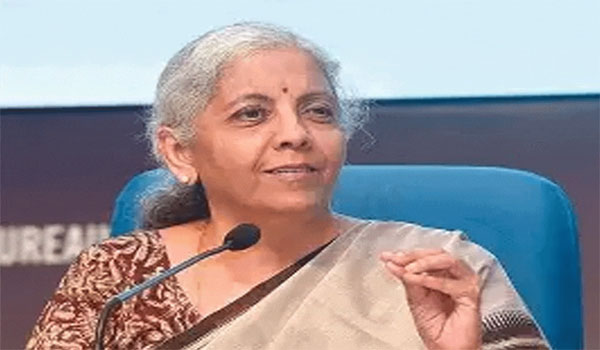Daijiworld Media Network - New Delhi
New Delhi, Oct 9: The Government of India has disbursed Rs 1,091.47 crore as the first instalment of untied grants under the Fifteenth Finance Commission for rural local bodies in West Bengal and Andhra Pradesh, the Ministry of Panchayati Raj announced on Thursday.
West Bengal received Rs 680.71 crore on October 6 for the financial year 2025–26. The funds were allocated to 3,224 Gram Panchayats, 335 Block Panchayats, and 21 Zilla Parishads across the state. With this latest release, a total of Rs 4,181.23 crore has been disbursed to West Bengal over the financial years 2024–25 and 2025–26. This includes Rs 2,082.13 crore as untied grants and Rs 2,099.10 crore as tied grants, reinforcing the Centre’s ongoing commitment to grassroots governance.

Andhra Pradesh has been allotted Rs 410.76 crore for the financial year 2025–26. The amount covers all 13 Zilla Praja Parishads (District Panchayats), 650 Mandal Praja Parishads (Block Panchayats), and 13,092 of the state’s 13,327 eligible Gram Panchayats.
The untied grants are meant to address location-specific developmental needs identified by local communities, under the 29 subjects listed in the Eleventh Schedule of the Constitution. However, these grants cannot be used to cover salaries or other administrative expenses.
Tied grants, in contrast, are specifically earmarked for providing basic services. These include maintaining sanitation and ODF (Open Defecation-Free) status, managing and treating household and human waste, and ensuring clean drinking water supply, rainwater harvesting, and water recycling.
The Ministry also highlighted several digital initiatives to support Panchayati Raj institutions, including SabhaSaar—an AI-powered tool for recording and summarising Gram Sabha proceedings—along with SVAMITVA for digital land mapping and property rights, eGramSwaraj for integrated planning and accounting, and Gram Manchitra for geo-spatial planning.
These digital platforms aim to enhance transparency, strengthen participatory governance, and improve the efficiency of service delivery at the grassroots level.